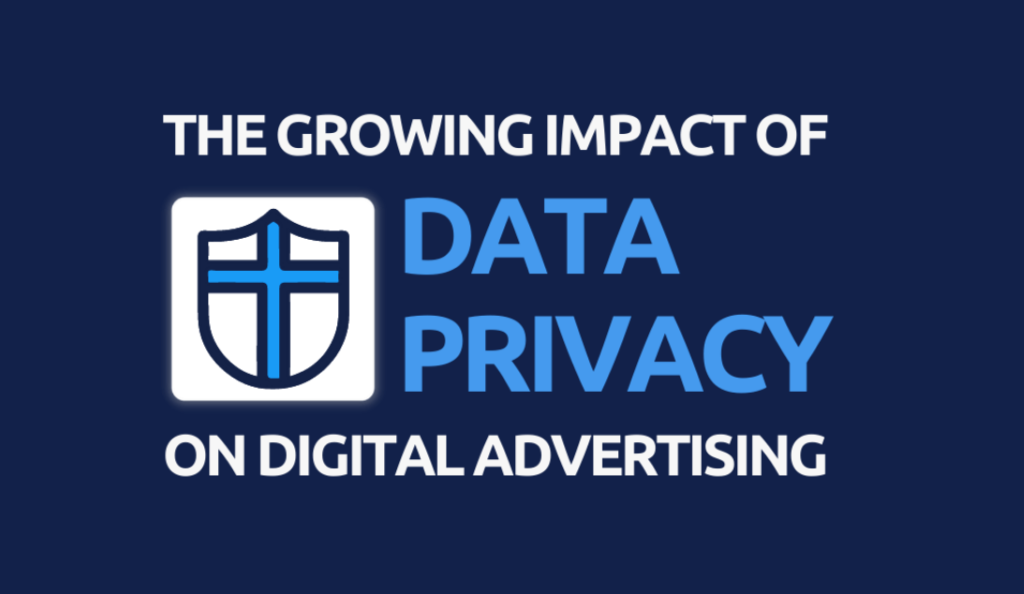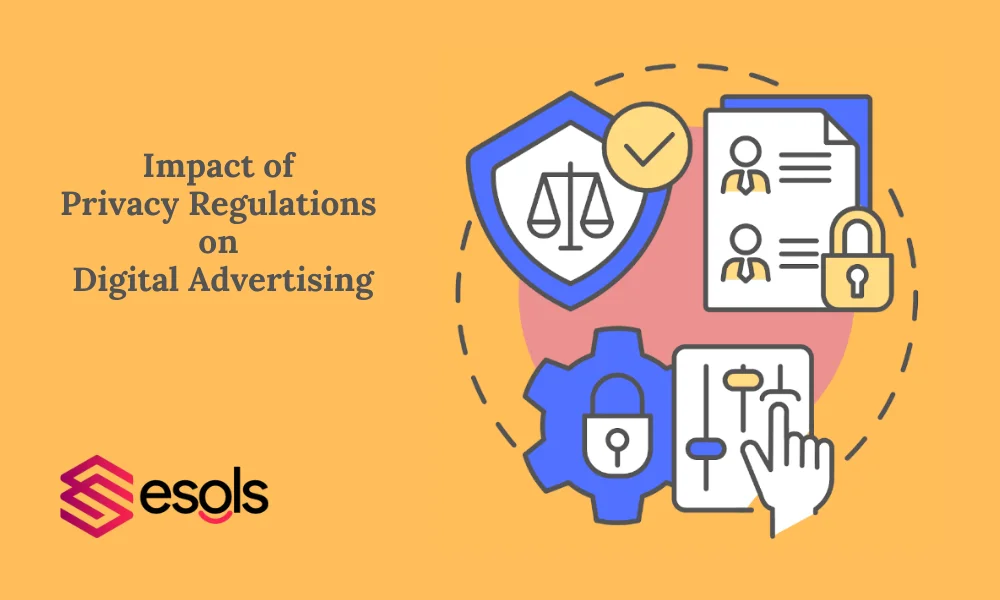With the rise of data breaches and concerns about online privacy, governments around the world are implementing stricter privacy regulations. These regulations have significantly impacted digital advertising, changing how advertisers collect, use, and store consumer data. In this blog, we’ll explore the various privacy regulations and how they affect digital advertising strategies.
Table of contents
- What Are Privacy Regulations?
- Key Privacy Regulations in Digital Advertising
- How Privacy Regulations Affect Digital Advertising
- Challenges for Digital Advertisers
- Strategies to Adapt to Privacy Regulations
- Opportunities Arising from Privacy Regulations
- Future of Digital Advertising in a Privacy-First World
- Conclusion
What Are Privacy Regulations?
Privacy regulations are legal rules that protect individuals’ personal information, ensuring their privacy online. These laws grant users control over how their data is collected, shared, and processed by businesses. They require companies to be transparent, obtain consent, and offer users rights like data access and deletion, aiming to protect consumers from data misuse and enhance trust in digital environments.
Key Privacy Regulations in Digital Advertising
- General Data Protection Regulation (GDPR)
The GDPR, implemented in 2018 in the European Union, is one of the most comprehensive privacy laws. It requires businesses to obtain explicit consent before collecting personal data and gives users the right to access and delete their data.

- California Consumer Privacy Act (CCPA)
CCPA is a U.S. privacy law that empowers California residents to control their personal information. It grants users the right to opt-out of data collection and demands transparency from businesses about their data practices.
- ePrivacy Directive
Also known as the “Cookie Law,” the ePrivacy Directive regulates the use of cookies and similar tracking technologies. Websites must obtain user consent before storing cookies on their devices.
- Children’s Online Privacy Protection Act (COPPA)
COPPA is designed to protect the privacy of children under 13. It restricts the collection of personal information from children without parental consent, impacting advertisers who target younger audiences.
How Privacy Regulations Affect Digital Advertising
Privacy laws like GDPR and CCPA restrict access to consumer data. Advertisers now have limited information to create personalized ads, making it more challenging to target specific audiences. Advertisers must disclose how they collect and use consumer data. This increases operational costs and forces businesses to adopt more transparent practices, which can build or erode trust based on compliance.

Explicit user consent is now mandatory for data collection. This reduces the volume of user data available, especially for third-party cookies, and impacts the ability to track user behavior across multiple platforms. With less data available, advertisers struggle to personalize ads effectively.
This can lower the relevance of ads shown to users, potentially reducing click-through rates (CTR) and conversions. Advertisers are shifting to first-party data, which is data directly collected from customers. This allows them to maintain personalization while staying compliant with privacy regulations.
Challenges for Digital Advertisers
Businesses must invest in tools and personnel to ensure compliance with privacy regulations, driving up operational costs for digital advertisers. Without granular targeting options, ads may become less efficient. This can increase the cost-per-acquisition (CPA) as advertisers need to reach a broader, less-targeted audience.
The gradual elimination of third-party cookies, especially with Google’s upcoming phase-out, means advertisers will need to rethink their tracking and targeting methods.
Strategies to Adapt to Privacy Regulations
Focus on First-Party Data Collection
Build direct relationships with consumers by collecting data through subscriptions, surveys, and loyalty programs. First-party data is more reliable and compliant with privacy laws.
Use Contextual Advertising
Instead of relying on personal data, focus on contextual advertising, where ads are shown based on the content of a webpage. This method does not require user data and complies with privacy regulations.
Invest in Privacy-Compliant Technologies
Advertisers should invest in privacy-compliant technologies such as consent management platforms (CMPs) that help manage and track user consent effectively.
Leverage Privacy-Safe Analytics
Use tools that allow for privacy-friendly data analysis. Aggregated, anonymized data can help advertisers understand user behavior without breaching privacy regulations.
Opportunities Arising from Privacy Regulations
Transparency about data collection can enhance consumer trust. Businesses that demonstrate a commitment to protecting privacy may gain a competitive edge in the market. By prioritizing data protection, brands can strengthen their reputation, making them more appealing to privacy-conscious consumers.
Privacy regulations drive innovation in ad technology. For example, companies are developing new ways to measure ad effectiveness without compromising user privacy.
Future of Digital Advertising in a Privacy-First World
As privacy regulations continue to evolve, digital advertising must adapt. Advertisers should expect more stringent laws, such as the Global Privacy Control (GPC) initiative, which allows users to globally opt out of data tracking. The future will likely see a shift towards more privacy-first advertising strategies, with a focus on user consent, transparency, and first-party data.
Conclusion
Privacy regulations have transformed the digital advertising landscape, pushing businesses to rethink how they collect and use consumer data. While these laws present challenges, they also offer opportunities to build trust, enhance brand reputation, and innovate. By adopting privacy-compliant strategies, advertisers can continue to thrive in a more privacy-conscious world.
Read more : Common Mistakes to Avoid in Digital Advertising Campaigns
FAQs
GDPR, CCPA, and COPPA are key privacy laws affecting digital advertising today.
Privacy regulations limit access to user data, reducing the ability to create highly personalized ads.
First-party data is information collected directly from users, which is critical for personalized marketing while complying with privacy laws.
Businesses can comply by obtaining user consent, being transparent about data use, and investing in privacy-compliant technologies.

Smith
Welcome to my blog! As a Digital Marketing expert with over 15 years of experience, I’ve witnessed the transformative power of search engine optimization from the very beginning of my career. In this blog series, I’ll delve into the crucial role SEO , marketing plays in the success of small businesses. Join me on this journey to uncover how leveraging data-driven insights and innovative SEO techniques can propel your small business to new heights, attract a broader audience, and drive sustainable growth in the digital age. Whether you’re a seasoned entrepreneur or just starting out, you’ll find valuable insights and practical tips to enhance your Digital Marketing strategies.


